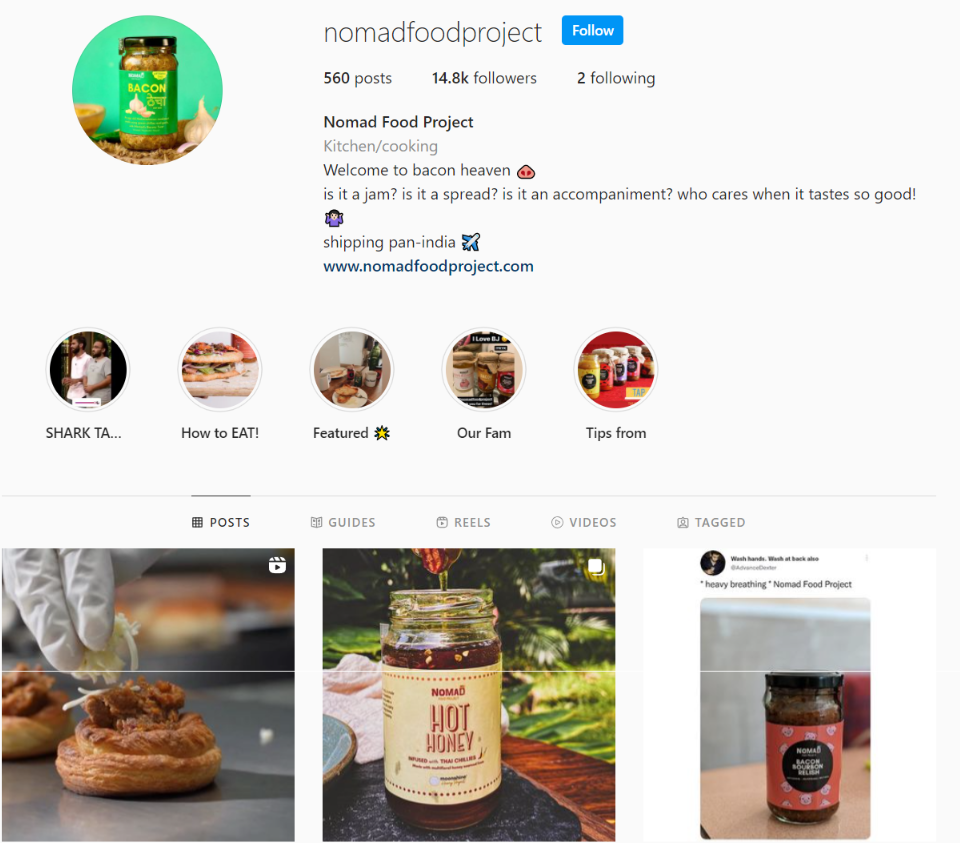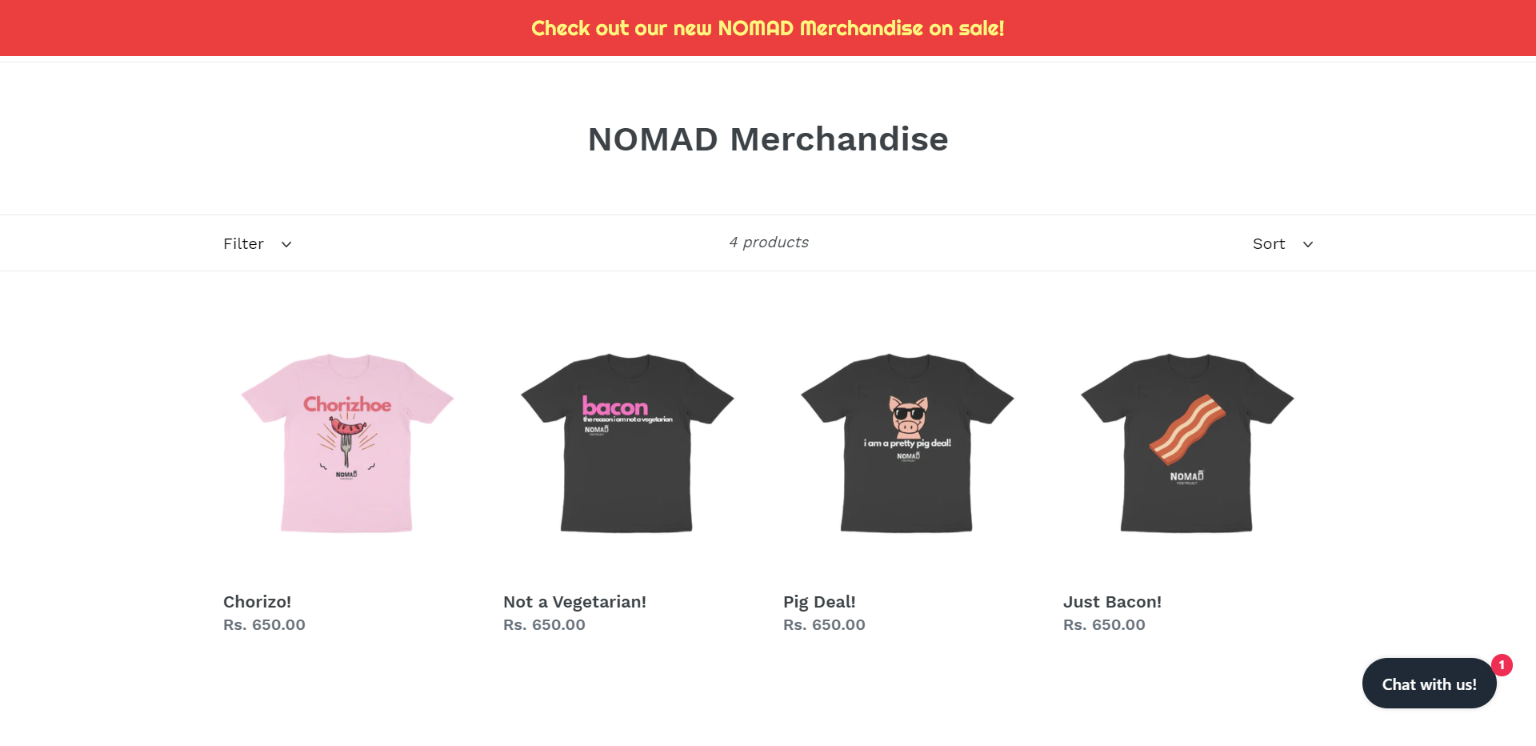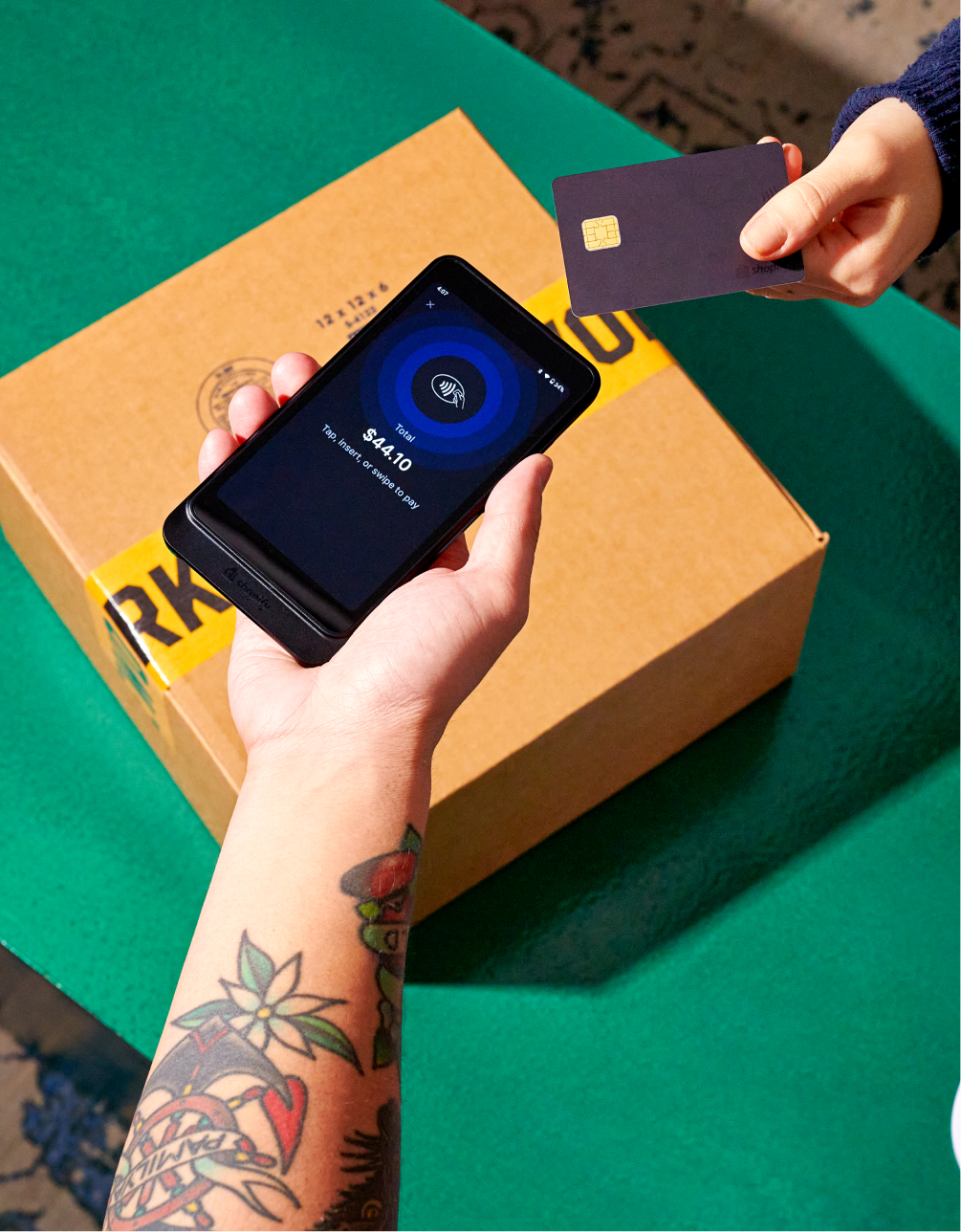Ever heard of bacon jams and spreads? Most people hadn't. At least not until the Nomad Food Project came into existence.
The Nomad Food Project is a refreshing food manufacturing company that creates and sells bacon-based products like jams and thechas.
Two young food-lovers (and IHM culinary degree-holders), Aditya and Advaith, stumbled across the idea of creating a 'bacon thecha' over a conversation they had while browsing through restaurant menus.
That's how great ideas strike, right? Usually, out of nowhere. The duo, however, weren't satisfied just dreaming about their idea. They decided to create their own bacon relishes and sell them.
From manufacturing the thechas, selling it via their Shopify store to achieving almost 50 lakhs in sales in 2021, Nomad Food Project has come a long way from its inception in 2019, when this project was just a side-business.
Did we forget to mention that the brand was also featured in Shark Tank India? Yeah, the duo received investment offers from all seven Sharks on the panel - a rare feat to achieve.
Join us and learn more about the bootstrapped brand as we list down excerpts of our conversation with Aditya Rai and Advaith Inamke, the promoters of Nomad Food Project, where we discussed what inspired them to create their bacon thechas, how the journey began, and what role has Shopify played in their journey so far.
Exploring uncharted territories with food
When we came across the Nomad Food Project’s product offering, we were curious about how Aditya and Advaith came up with their sell-out ‘bacon thecha’ recipe.
Turns out, this idea was part of their research project at the Institute of Hotel Management (IHM). The mutton fanatics had tried every mutton place in Pune when they stumbled across mutton thecha in one of the menus. They wondered how cool it would be if someone served bacon thechas.
The only problem - bacon thechas didn’t exist!
While cooking their way through culinary college, Aditya and Advaith experimented with a few recipes and dished out the perfect spread at their research presentation. The IHM jury gave them the green light, and they thought, why not sell these thechas?

The duo was clear that they wanted to sell artisanal bacon spreads with regional twists and they knew that an online store was the way to go, but they didn’t launch at a full-scale right away. This is because they wanted to ensure that they got the taste and quality right before looking at scale. And so they consulted various food experts, industry professionals to create their range.
They also wanted to gather direct feedback from customers before going all in and fairs and flea markets seemed to be the best place for them to do that.
“We started offline to get feedback from people and tweak our products based on customer expectations. We travelled to flea markets across several cities of India to gauge customer demand and capture their feedback first-hand.”
Though they had no marketing knowledge, the duo was smart about picking the right offline events based on their customer profiling.Their profiling seemed to be spot on, as getting the crowd’s attention was as simple for them as announcing “we’re selling bacon jam”.
The reviews and repeat customers they got by testing their bacon products at these offline events convinced them of their product quality, and the fact that there was demand, and they were then set to scale their sales onlinet.
How Shopify became Nomad’s place-to-be
Once they knew there was a demand for their products, they decided on setting up an online store, as they've always wanted. Given their lack of tech or marketing knowledge, Aditya and Advaith thought it'd be best to enlist an agency's services to help set up their website.
This was a smart move on the duo's part because by investing in an agency initially, they would avoid the costly mistake of creating a poor experience for their customers.
And to their surprise, through the process, they realised that Shopify was very incredibly easy to use. So much so, that they were able to take over the operations themselves within a short time of launching!
“We’ve been raving about how easy it is to use Shopify to every budding entrepreneur we meet. Things are just so smooth and stable on the Shopify platform”, the founders share.
The part they love the most about Shopify is the proactive initiative in troubleshooting user queries and educating sellers through the learning app, Shopify Learn. The app has a wide range of easy-to-understand resources that help in building the skills required to easily use the Shopify platform without any prior tech-background. It also has educational resources around topics like marketing, branding and operations, that helps entrepreneurs find success more easily.In fact, they found that even if a topic was not covered on the app, a simple Google search is all that it took to get their query resolved.
Apart from these benefits, here are a few more Shopify features that Aditya and Advaith found extremely useful:
- Shopify Analytics: Shopify provides comprehensive and clear analytical reports to its users about key metrics relating to their online business. The accuracy is something that awed the Nomad founders, and in fact, they even used the Shopify reports to build their pitch deck for Shark Tank India.
- Easily installable plugins: Shopify has a wide range of plugins for several ecommerce functions - from SEO optimisation, managing customer reviews, and marketing automation. Nomad benefitted by using the free Facebook-Google plugin, which helped them automate their marketing campaign and significantly boost sales.
- Seamless integrations: Shopify provides a robust platform that can be effortlessly integrated with other tools and platforms to ensure seamless connectivity without any gaps. The Nomad Food Project found this feature extremely useful when it wanted to sync its CRED account on Shopify. The integration has helped the brand to smoothly process the orders it receives through CRED, and helped Nomad enhance its operational efficiency.
In addition to the apps and themes on their Shopify plan, the Nomad Food Project has also integrated Quickbooks into their online store for easy accounting and compliance.
Want to get started with setting up your Shopify store? Check out these resources for more information:
- The Essential Shopify Store Launch Checklist
- How to Find the Right Shopify Expert Agency to Set Up Your Online Store
- How to start online business in India post COVID-19: The complete back-to-business guide
The Nomad Food Project has carved its niche in the food category, but how did the brand achieve that? How did they create demand for their unique products and find their potential customers?
The Social media serve
Bootstrapped since the start, the Nomad Food Project relies heavily on its online channels - the website along with Facebook and Instagram ads, for marketing and conversions. And why shouldn’t they when they get 95% of their sales through Instagram?
After having picked up some initial fundamentals from their agency and Shopify's resources, the duo started playing around with the Shopify kit (Facebook Google plugin) to create automated ads. Using the inputs provided on the platform, the brand created targeted marketing campaigns that resulted in quick conversions and found digital marketing success.
The brand started with a marketing budget of INR 100-300 and has gradually scaled up to 80k to one lakh on ads spend.
Facebook's automated ads have played a huge role in the brand's marketing However, the duo are slowly moving towards optimising these campaigns themselvesn, especially after the recent policy changes with respect to privacy and data.
That's not all. Since they focus a lot on content marketing, they also create all their content in-house.
The Nomad Food Project is proof that brands can start out with smaller marketing budgets. The key is to experiment and find what strategies work for the brand and its audience and then scale the budget.
For the Nomads, what works is content marketing, social media and Google ads. But for other brands, it could be something else!

Want to learn more about increasing online sales through social media? Here are some quick guides on creating ads and integrating social media into your sales strategy:
- The Beginner's Guide to Advertising on Instagram
- The Ads Playbook: 13 Types of Google Ads And What to Expect From Them
- Facebook Ads for Beginners: A Step-By-Step Guide to Running Your First Campaign
- How to Create a Social Media Marketing Strategy: A Beginner's Guide
The next stops on Nomad’s trail
Currently, Nomad Food Project sells only in the Indian markets, but given the popularity of bacon overseas, they are confident that they can successfully sell their products in those markets as well.
“The goal is to be available on multiple marketplaces and start shipping globally, not just online but retail as well.”
But, the brand is in no hurry and wants to grow at a rate that the company can operate without compromising quality. This has been their approach since day one, be it with regards to their marketing spend or searching for new sales channels.
Another unique addition to their storefront is their merchandise. Aditya and Advaith shared that they wanted to create a lasting impression in their audience’s minds and merchandise was a great branding strategy to employ.
“For us, branding is essential. We don’t just want to create awareness; we want the brand to stick. If someone is thinking of bacon, they should think of us.Besides, it's hard to find good bacon merchandise in India. So, we decided to create our own bacon t-shirts.”
We didn't expect anything less from the self-starters!
Now that they knew they wanted to create bacon merchandise, the question was how to design and sell it?

Aditya and Advaith came across Printrove on Shopify and decided to give it a try. The duo only has to select the merch designs while Printrove prints, packs, and ships the merch to the customers. Simple, isn’t it?
The bacon t-shirts are just a start; the goal is to create mugs, accessories, and even bacon-scented candles. More importantly, the brand wants its customers to have an option to make their own relish combos.
“Moving ahead, we still want to prioritise bacon products. What works in our favour is that no one is doing this.”
The brand realises that they also pull in a sizable vegetarian audience through products like hot honey, mushroom jams, and onion-garlic jam. That’s why they’re working on extending their product range for vegetarian customers, as well.
In fact, we’ve heard whispers about a strawberry and gin jam being in the works. But we suggest waiting for an official announcement from the Nomad Food Project.
Asked how they plan to accommodate the surge in their online traffic after securing investment on Shark Tank India, they seemed fairly confident in their website and quipped that, “We’ve only scraped the tip of the iceberg with our website store yet. There’s a lot more that we can and will do with our Shopify store”.
And, we absolutely agree.
Curating the perfect business relish
Aditya and Advaith praise the food and hospitality community for being extremely helpful and welcoming to new entrepreneurs. So, if you’re looking to launch a new food brand, you’re in luck!
The Nomad Food Project is a great example of how having a unique, ingenious product is enough to create ripples in an offline dominated market. With the right tools and support, there is no stopping the new-age entrepreneurs from scaling their businesses.
Your quality products are what you start with and a credible technology partner is what helps you keep growing. While the first part is up to you, the second part is where we at Shopify come in.
Creating your own ready-to-eat condiments like the Nomad Food Project is now easier than ever, especially when you’ve got a single platform to accommodate all your own ecommerce needs– Shopify.
We’ve said this to Aditya and Advaith, and we’ll say it again - Shopify is here to help you grow your business right from scratch. If you’re ready to start selling online, we’ve got everything you need to help you sell.
Get started with Shopify’s free trial and see it for yourself!













